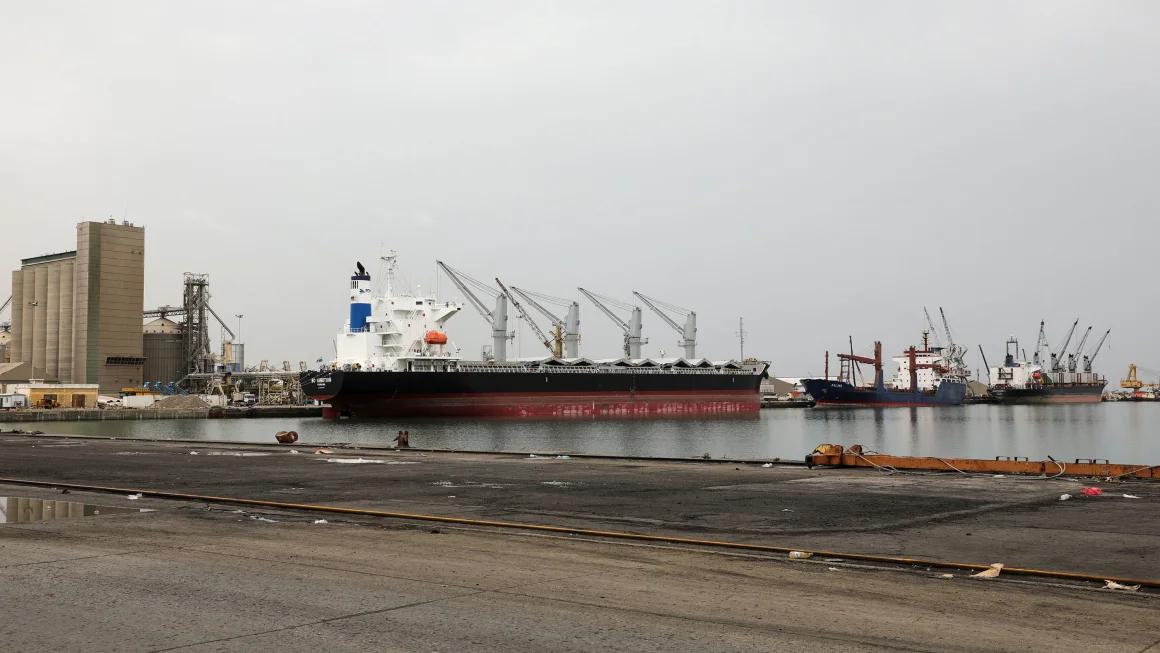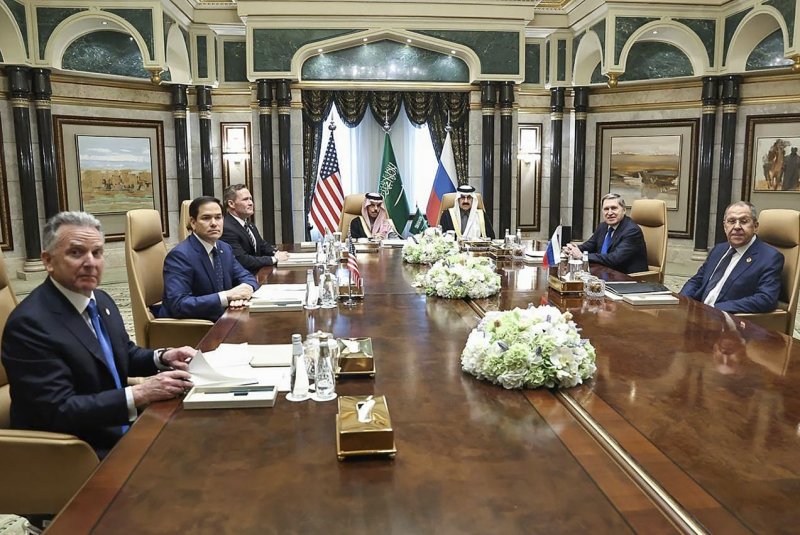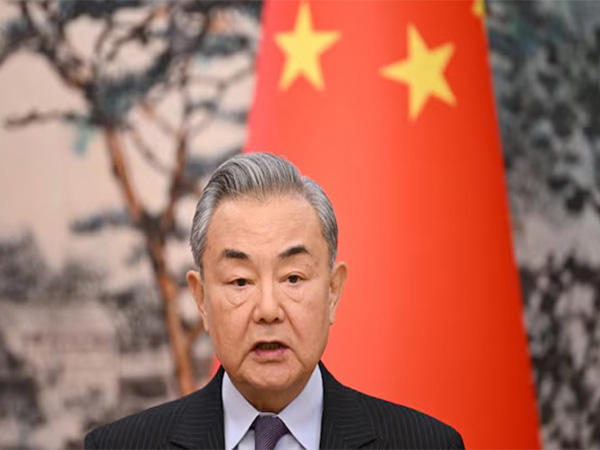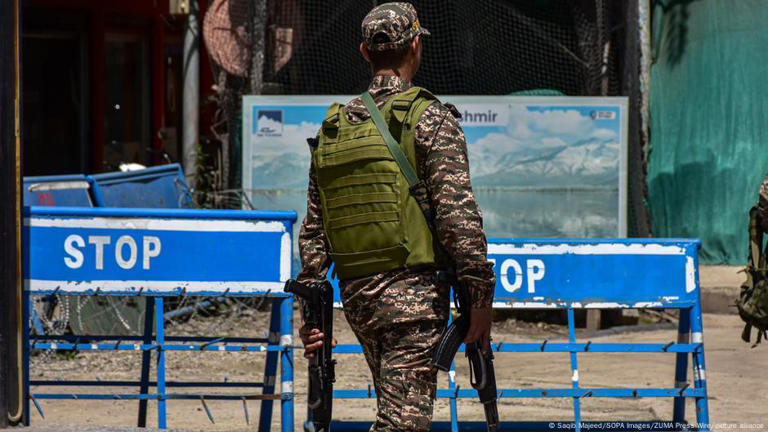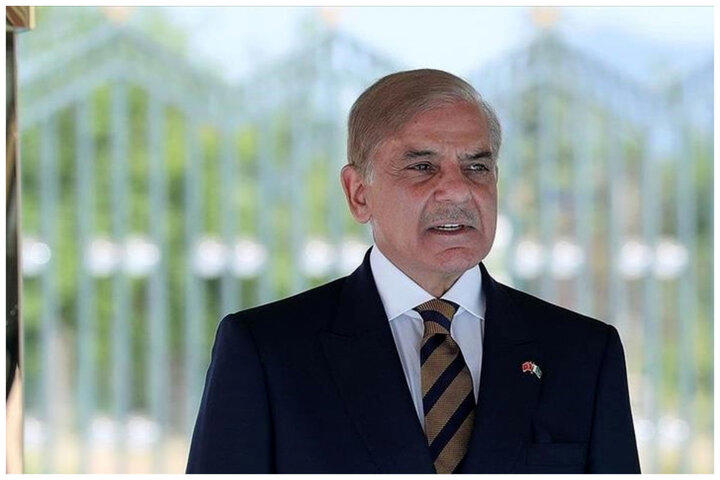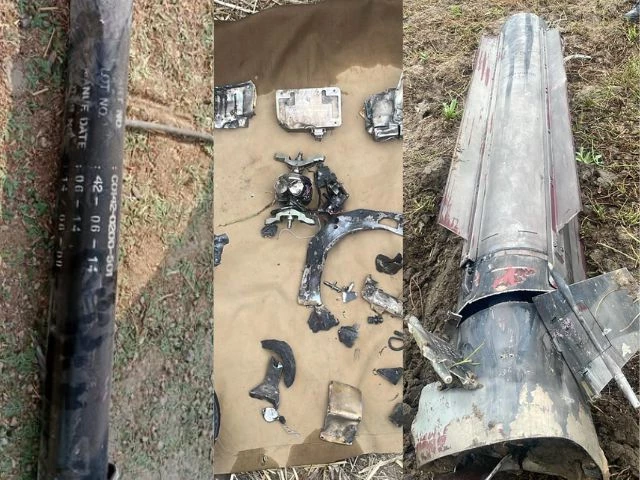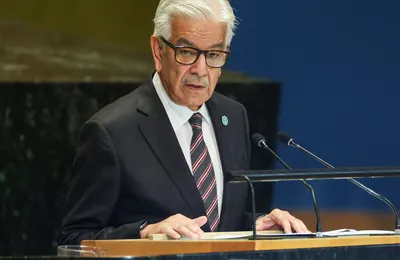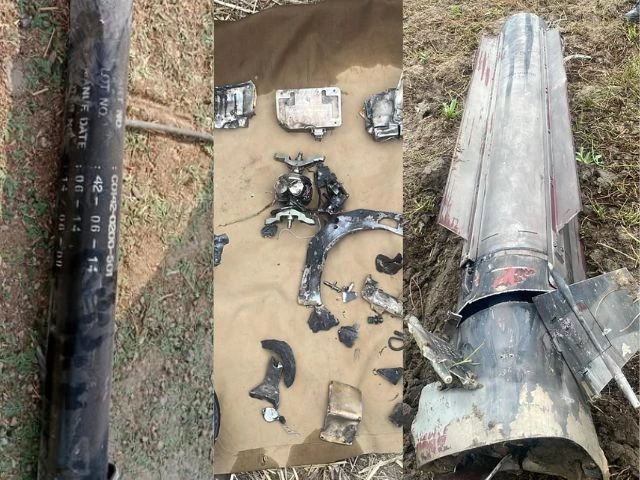In a sharp escalation of Middle East tensions, the Israeli military has issued urgent evacuation warnings for three key ports in Yemen — Ras Isa, Hodeidah, and Salif — late Sunday night. The move follows Israel’s vow to act independently in defending itself after being excluded from a recent ceasefire agreement between the United States and Yemen’s Houthi rebels.
Russian President Vladimir Putin has proposed resuming direct peace talks with Ukraine, suggesting a meeting in Istanbul on May 15 without preconditions. This initiative comes as Ukraine and its Western allies demand a 30-day unconditional ceasefire, threatening further sanctions if Russia does not comply
In a significant development in the ongoing Gaza conflict, Hamas has announced the imminent release of Edan Alexander, the last known living American hostage held in Gaza. The decision comes as part of early steps toward a potential ceasefire agreement that could bring critical humanitarian relief to the region.
In a recent high-level diplomatic exchange, India’s National Security Advisor Ajit Doval conveyed to Chinese Foreign Minister Wang Yi that “war is not India’s choice,” emphasizing India’s commitment to peace amid escalating tensions with Pakistan following the Pahalgam terrorist attack. Doval underscored the necessity of counter-terrorism actions while reiterating India’s stance against war. Wang Yi condemned the attack and urged both nations to exercise restraint and resolve differences through dialogue. This engagement follows a fragile ceasefire agreement between India and Pakistan, with the international community calling for de-escalation and sustained diplomatic efforts to maintain regional peace and stability.
The recent escalation of tensions between India and Pakistan over the Kashmir conflict has been accompanied by a significant crackdown on press freedom in India, particularly in the Jammu and Kashmir region. Journalists like Irfan Mehraj and Asif Sultan have been arrested under stringent laws such as the UAPA and PSA, often without formal charges or trials. Additionally, organizations like the Jammu & Kashmir Ittihadul Muslimeen and the Awami Action Committee have been banned under the UAPA. The extensive use of the PSA for administrative detention without trial has raised concerns about suppressing dissent. This crackdown has drawn criticism from international human rights organizations, the United Nations, and domestic political leaders, highlighting serious concerns about democracy and human rights in the region.
In the wake of escalating hostilities between Pakistan and India, Prime Minister Shehbaz Sharif has taken decisive steps to consult with political leaders across the spectrum, aiming to forge a unified national response. This move follows a series of Indian missile and drone strikes targeting Pakistani civilian and military sites. During high-level meetings, PM Sharif briefed leaders on India’s attacks and Pakistan’s measured military response, emphasizing restraint and national sovereignty. Leaders from various parties expressed solidarity with the government’s stance. In retaliation, Pakistan launched “Operation Bunyān al-Marsūs,” targeting key Indian military installations. Despite provocations, Pakistan initially exercised restraint, proposing a neutral investigation into the Pahalgam incident, which India declined. The international community played a pivotal role in mediating a ceasefire, though the situation remains fragile. PM Sharif’s consultations reflect a commitment to national unity and a strategic approach to external aggression, emphasizing diplomatic channels to navigate regional tensions responsibly.
In a significant escalation of cross-border tensions, Pakistan reportedly deployed between 300 to 400 Turkish-made Asisguard Songar drones across 36 locations along India’s western frontier during the nights of May 7 and 8, 2025. This large-scale aerial incursion targeted Indian military installations and critical infrastructure, marking a notable shift in the use of unmanned aerial vehicles (UAVs) in regional conflicts. The drones, launched from Leh to Sir Creek, aimed to infiltrate Indian airspace and gather intelligence on military assets. The Indian Armed Forces responded by neutralizing many of these drones. The Asisguard Songar, Turkey’s first indigenously developed armed drone system, is equipped with a stabilized 5.56 mm NATO standard assault rifle and can be fitted with various payload options. The deployment of these drones raises questions about the proliferation of advanced military technology and its impact on regional stability, highlighting the need for international regulations governing the export and use of armed drones.
Amid escalating tensions, Pakistan’s Defense Minister Khawaja Asif stated that the nuclear option is currently “not on the cards,” but warned of potential global consequences if the situation worsens. The conflict, triggered by an April 2025 attack on Indian tourists in Kashmir, led to India’s “Operation Sindoor” and Pakistan’s retaliatory “Operation Bunyan-ul-Marsoos.” Despite a U.S.-brokered ceasefire on May 10, 2025, violations persist. Pakistan’s “full spectrum deterrence” policy allows nuclear use in response to significant threats. The international community urges restraint and dialogue. The volatile situation underscores the need for continued mediation and diplomatic efforts.
In a significant escalation, Pakistan’s military reported downing 77 Indian drones over two days, intensifying the conflict between the nuclear-armed neighbors. The drones, identified as Israeli-made Harop loitering munitions, were intercepted between May 6 and May 8, targeting civilian and military sites. This surge in drone activity coincided with increased artillery exchanges along the Line of Control, leading to civilian casualties. The escalation follows India’s “Operation Sindoor,” retaliating for an attack on Indian tourists. International calls for restraint highlight the urgent need for de-escalation as civilian casualties and infrastructure damage mount.
Emirates (UAE) has turned down a request from the Board of Control for Cricket in India (BCCI) to host the remaining matches of the tournament. This decision is influenced by the Emirates Cricket Board’s (ECB) prior commitment to host the concluding matches of the Pakistan Super League (PSL) 2025. The backdrop of this decision is marked by escalating tensions between India and Pakistan, which have led to disruptions in major cricket tournaments in both nations. With the UAE unavailable, the BCCI is now exploring alternative venues such as England or South Africa, although this poses potential scheduling conflicts with other international cricket events. The situation highlights the challenges of organizing international sports events amidst geopolitical tensions.
